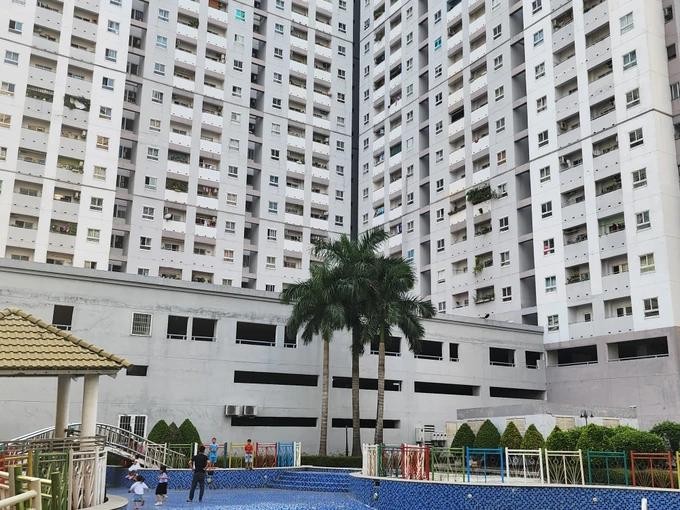Seminar discusses addressing obstacles for social housing development in HCMC
Society – Economy - Ngày đăng : 14:49, 21/11/2024

The seminar, organized by Nguoi Lao Dong (Laborer) Newspaper brought together representatives from the Department of Construction, Department of Planning and Investment, City Labor Federation, State Bank of Vietnam's HCMC branch, and several enterprises specializing in the development of social housing.
Director Tran Quang Thang of the Ho Chi Minh City Institute of Economics and Management emphasized that recent legislative reforms have provided innovative solutions by eliminating numerous impediments related to mechanisms, taxes, and interest rates, thereby facilitating the development of social housing and addressing the needs of low-income earners.
Ho Chi Minh City has implemented supplementary support policies specifically designed for social housing buyers. In particular, poor and near-poor households are eligible for subsidies ranging from VND30 million to VND90 million to assist with the acquisition or rental of social housing.
Director Tran Quang Thang underscored the necessity of flexible and innovative approaches, in conjunction with new policies, to attain the 2030 social housing goal. Ho Chi Minh City is diligently working to reform legal procedures, effectively manage projects, and ensure the quality and timely completion of social housing projects.
Furthermore, he added that the city is contemplating the development of satellite cities to reduce the cost of social housing and create additional opportunities for low-income individuals. The integration of the TOD model into these developments will contribute to enhancing the overall quality of life for residents in these areas.
As a company engaged in the initiative ‘Investing in the construction of a minimum of 1 million social housing units for low-income individuals and workers in industrial parks from 2021 to 2030’, Chairman Truong Anh Tuan of Hoang Quan Group emphasized that Ho Chi Minh City faces a significant demand for social housing. This demand is largely attributed to historical factors, including the presence of unrenovated homes along canals.
Additionally, there are approximately 300,000 households of workers employed in export processing zones and industrial parks.
Amid the limited availability of land resources in Ho Chi Minh City, it is essential to establish a specific mechanism for investors who possess clean land assets. If the land has been subject to taxation, this expense should be factored into the pricing of apartments to ensure affordability for workers.
For instance, in the case of high-rise developments ranging from 18 to 25 floors, an additional cost of approximately VND2 million- VND 3 million per square meter would still allow businesses to maintain a profit margin of 10 percent, while keeping the apartment price below VND 30 million per square meter. This approach falls well within the jurisdiction of Ho Chi Minh City and can be executed without delay.
Head Nguyen Thanh Binh of Planning and Construction Management Division of the HCMC Export Processing and Industrial Zones Authority (HEPZA) said that in order to effectively develop social housing, the main goal should be to ensure that workers and laborers have quality accommodation and living conditions, thereby improving labor productivity and quality of life.
According to Mr. Nguyen Thanh Binh , the government should enhance its support policies by offering preferential credit packages for both investors and tenants. Additionally, streamlining the approval process and reducing project implementation times would significantly benefit all parties involved.
Last but not least, he said that planning clean land in areas such as industrial parks or export processing zones is also necessary to ensure convenience for workers.
